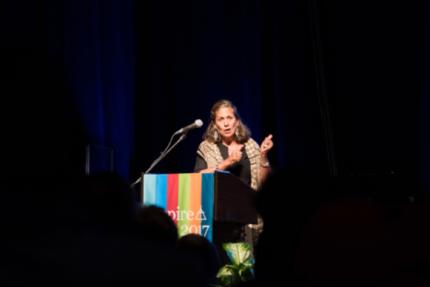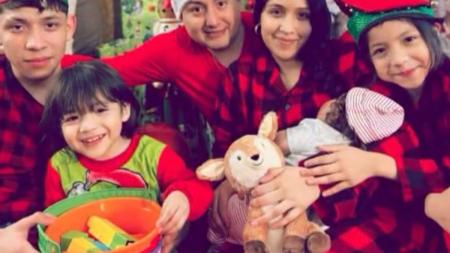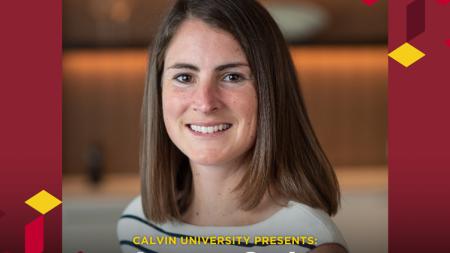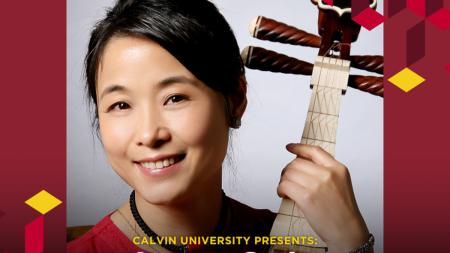Inspire Attendees Challenged to Drive Out Fear and Live Reconciling Lives

Theologian and Resonate Global missionary Ruth Padilla DeBorst
Dale Vande Griend, Resonate
Imagine your passport, driver's license, health insurance card, credit cards, and all other forms of identification disappeared all at once. What would you do?
Ruth Padilla DeBorst closed the final worship time of Inspire 2017 by asking attendees to consider such a scenario. After taking all of these cards out of their wallets, and placing them on the floor beneath their chairs, attendees were challenged to examine their thoughts.
“Now you have no name, no country, no identity,” she said, pointing out the discomfort that this causes as an example of our true feelings.
“Where do we place our trust?” she asked. “We verbally place our trust in God, but we actually place our trust elsewhere. We live as if God were not God, as if God were not good, as if God were not the Lord of history, as if God were not near.”
As the more than 800 attendees at Inspire 2017 prepared to return to their everyday lives and local congregations, Padilla DeBorst said that what they needed was more than empty talk and religious varnish.
Padilla DeBorst is a missionary with Resonate Global Mission and serves in Costa Rica with her husband, James.
In her years of experience, she’s seen a lot of trauma and difficulty, including the murder of her first husband during a robbery. These experiences have inspired her to greater compassion for the suffering world, and a determination to do something about it.
“There has never been another period in modern history when so many people in this country and around the world have feared so much,” she explained.
In the past, during times of war or economic uncertainty, she said, people faced shared fears, and that drew people together. They found strength and renewed their faith in community.
By contrast, we now have a more pluralistic form of fear. Each of us fears something a bit different, and it has forced us to face our fears on our own. Instead of turning to community and relying on our faith, we are narrowing our horizons and placing our trust in the wrong things.
“Fear binds people into isolation. It tempts us to withdraw from action in fear of doing things wrong,” she said.
In the face of this reality, Padilla DeBorst said that the final send-off to Inspire 2017 could not be something simple and trite.
“We need renewed hope that is strong enough to pull us through the darkest fears,” she said.
To point out this hope, she brought the audience through several stories of our Christian ancestors.
The first Christians, for example, were given the gift of the Holy Spirit. In John 14:27, Jesus says, “Peace I leave with you; my peace I give you. I do not give to you as the world gives. Do not let your hearts be troubled and do not be afraid.”
According to Padilla DeBorst, this peace was not for their own understanding or comfort but to inspire early Christians to action.
“Like Christ, who gave himself away for our redemption, so [God] sends us,” she said. “Our faith ancestors stepped out of their fear. They opened their doors. They became bold and reconciling witnesses of God’s redemptive love.”
The early Christians befriended Roman centurions, worshiped in the face of persecution, and boldly shared the gospel message in the face of fear because they found hope in Christ.
Similarly, Padilla DeBorst said, Christians in Latin America lived in fear during times of colonialism, civil war, violence, and unrest. They too found hope in Christ and were able to reach out in love even when it could lead to their own death.
“There is no social, economic, or political context where God’s Spirit is unable to take on flesh and walk among God’s people,” Padilla DeBorst said. “God’s unrelenting love will not give up on the world.”
That is the hope that Inspire 2017 attendees were asked to take with them as they returned to their home communities across North America. It is also a hope that requires action.
“As long as there is darkness in the world, God’s people are sent as Jesus was,” said Padilla DeBorst. “Not only to do and say, but also to be -- and be with and for others — as a reconciled and reconciling community.”
Padilla DeBorst said that while we may be flawed and limited, we are still called to be living, breathing examples of God’s justice and community.
This will likely come at a cost. Like the early Christians and the church in Latin America, we may find it costs us our life, our freedom, and individual opportunities. It may force us to be countercultural, to be unliked, to put our whole lives on the line.
“But this life isn’t ours in the first place,” she said. “We have nothing to lose because our lives belong fully to the Creator.”
“Perfect love drives out fear,” she concluded. “We can step out in humble boldness recognizing that it is God’s love that enables us to be involved in God’s reconciling work. Love will have the last word.”


